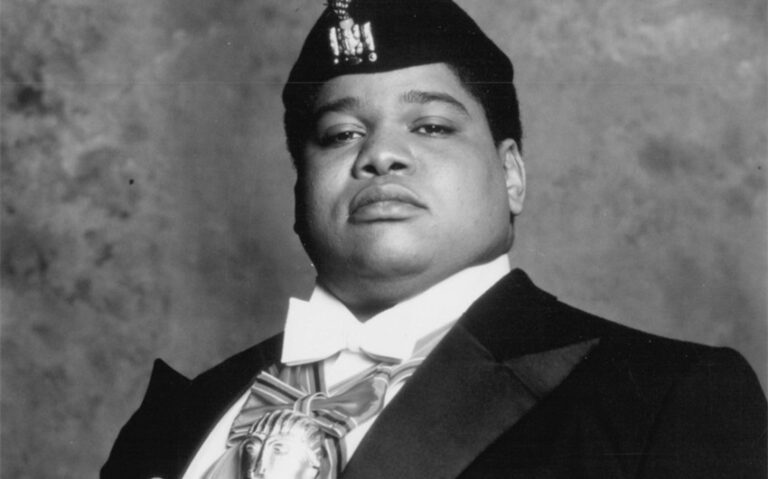What the Net Worth of James Taylor Reveals About Art and Longevity
You might ask about the net worth of James Taylor after hearing his gentle voice drift through the speakers, singing a song that somehow makes the world feel quieter and more tender. Whether it’s “Fire and Rain,” “Carolina in My Mind,” or “Sweet Baby James,” Taylor’s songs have accompanied generations through moments of loss, hope, love, and reflection.
But beyond the emotional connection lies a practical curiosity—how does a career built on introspective songwriting and acoustic melodies translate into financial success? The answer lies in a legacy of steady output, loyal fans, timeless music, and decades of touring that have quietly shaped one of the most stable and respected careers in the music industry.
Who Is James Taylor?
James Taylor is one of the most iconic American singer-songwriters of the 20th and 21st centuries. Born in Boston, Massachusetts, in 1948, he spent his early years between New England and the American South—places that later colored the imagery in his lyrics. He broke into the mainstream music scene in the late 1960s, releasing his self-titled debut album on the Beatles’ Apple Records label. It wasn’t until 1970, with the release of Sweet Baby James, that he became a household name.
Taylor quickly established himself as a master of folk-influenced soft rock. His voice was calming, his lyrics deeply personal, and his guitar playing deceptively complex. Songs like “Fire and Rain,” written about personal struggles and the loss of a friend, became instant classics. He stood apart in an era of psychedelia and protest anthems by embracing sincerity and emotional vulnerability. That authenticity made him resonate with audiences then—and still does today.
Over the decades, Taylor’s music has continued to evolve while maintaining its core identity. He’s released more than 20 studio albums, won six Grammy Awards, and was inducted into both the Rock and Roll Hall of Fame and the Songwriters Hall of Fame. He’s performed for U.S. presidents, collaborated with legends like Carole King and Joni Mitchell, and inspired countless artists who came after him.
Despite facing personal battles with depression and addiction in his earlier years, Taylor has maintained a long and fruitful career. In the process, he’s quietly built a financial empire rooted in consistency, trust, and the simple power of a good song.
Net Worth of James Taylor—A Legacy Built Over Decades
The net worth of James Taylor is estimated to be between $80 million and $100 million, a remarkable sum for an artist who built his reputation not on flash or controversy, but on enduring quality. His wealth didn’t come from sudden hits or tabloid fame—it came from building a body of work that never stopped earning. From record sales and touring to publishing rights and collaborations, Taylor has created multiple income streams that reflect the strength and longevity of his artistry.
Album Sales and Royalties
A large part of James Taylor’s wealth comes from album sales and ongoing royalties. He has sold more than 100 million records worldwide, making him one of the best-selling musicians of all time. Albums like Sweet Baby James, JT, and Mud Slide Slim and the Blue Horizon have gone multi-platinum, and many of his records from the 1970s and 1980s remain staples in music collections today.
Because his music is still played frequently on radio, streaming platforms, and in public venues, Taylor continues to earn royalties from performance rights and licensing. Every time someone streams “You’ve Got a Friend” on Spotify or a TV show uses “Carolina in My Mind” in its soundtrack, Taylor receives a cut.
Additionally, many of his songs have been covered by other artists—most famously, “You’ve Got a Friend,” which was written by Carole King but became a huge hit for Taylor. These covers further increase his publishing income, which continues to generate revenue decades after the songs were first released.
Unlike artists who sell their publishing rights in large lump-sum deals, Taylor has reportedly retained ownership or control over a significant portion of his catalog, giving him long-term earning power from his most beloved songs.
Touring and Live Performances
Another major contributor to James Taylor’s net worth is his consistent touring schedule. Even into his 70s, Taylor continues to perform in arenas and amphitheaters across the world, drawing multi-generational crowds. His live shows are known for their warmth, humor, and musicianship, and fans are willing to pay premium ticket prices to see him perform songs that have accompanied them through their lives.
Touring has long been a crucial source of income for musicians, and Taylor is no exception. Over the years, he has headlined solo tours, co-headlined with artists like Bonnie Raitt and Jackson Browne, and famously toured with Carole King in their “Troubadour Reunion Tour,” which grossed tens of millions of dollars.
Merchandise sales at concerts—such as signed albums, shirts, and memorabilia—also contribute to his income. And because his audience is loyal and engaged, tour-related revenue tends to be particularly strong. Even in an era where younger artists dominate streaming charts, Taylor’s live performances consistently sell out, proving the lasting power of his music.
Publishing, Merch, and Personal Ventures
Beyond album sales and touring, Taylor has other sources of income that boost his net worth. Chief among these is publishing rights. As a songwriter, Taylor earns mechanical royalties every time his music is streamed, sold, or licensed. Because many of his songs have entered the realm of classic standards, they continue to appear in films, commercials, and television shows.
In addition, Taylor has released DVDs, special box sets, and reissues of classic albums—all of which generate income and maintain his presence in the market. His memoir-style storytelling, often delivered on stage or in interviews, has become part of his brand. While he hasn’t yet released a full autobiography, the potential for such a book could offer yet another revenue stream in the future.
He also benefits from ongoing merchandise sales via his official website and at concerts. These include T-shirts, music books, vinyl records, and collectible items, all of which add to his earnings while reinforcing fan loyalty.
Taylor has performed at numerous high-profile benefit concerts and special televised events, some of which include stipends or broadcast licensing fees. While these aren’t always direct moneymakers, they further cement his brand value and public recognition, indirectly contributing to opportunities and partnerships that can lead to additional income.







